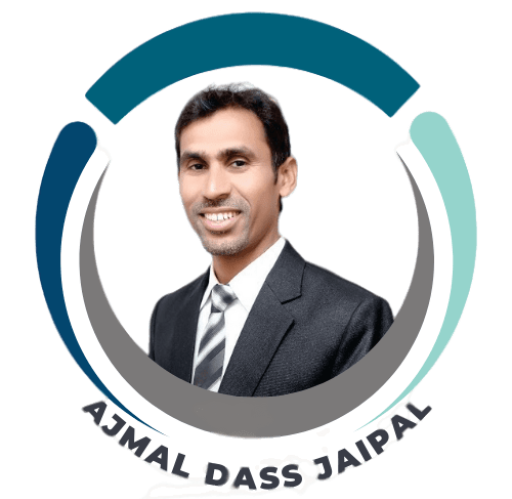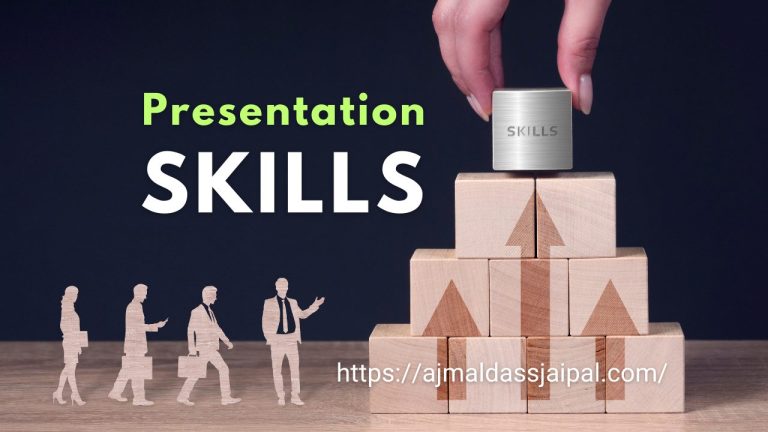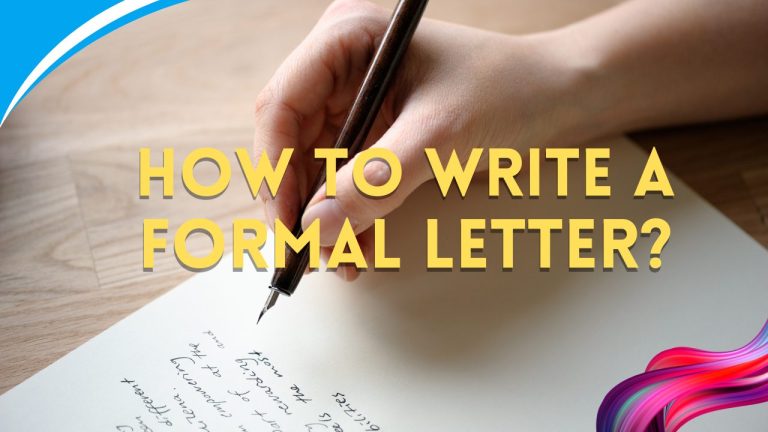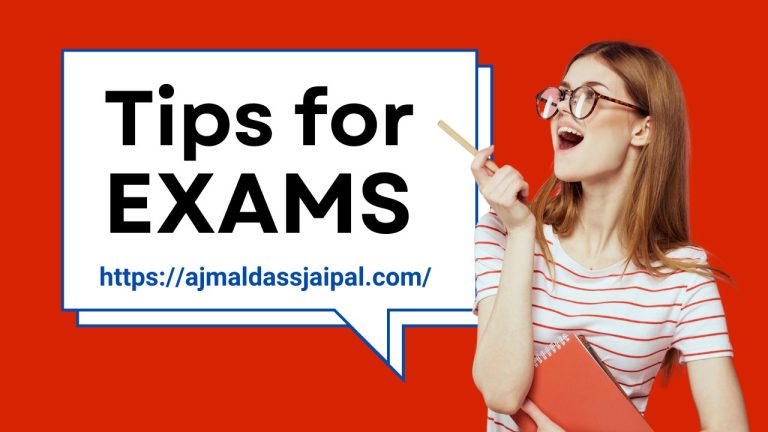Reading Skills
Among the four basic skills- listening, speaking, reading and writing- reading skill has much importance as readers are leaders.
Aldous Huxley says that every man, who knows how to read, has it in his power to magnify himself, to multiply the ways, in which he exists, to make his life full significant and interesting.
The ability and potential of reading text, processing it and developing an understanding of its superficial and deep meanings are called reading skills.
By such reading skills, reader is able to get messages from the given text.
There are two related processes of reading skills:
The first one is word recognition and the second one is comprehension in reading skills.
Matching of spoken language and written symbols is word recognition while understanding sense of words, sentences and connected text comes under the category of comprehension.
Reader’s background knowledge, grammatical structures, vocabulary and experience with text- all are vital to understand the exact meaning of text.
Different Reading Skills
Following are the different reading skills:
Skimming
Getting basic idea, summary or gist of a piece of text as quickly as possible is called skimming. Reading newspaper to get the basic information of that day within five or ten minutes is a good example of skimming reading.
In this process, reader runs his eyes over the text and picks important information. It is not compulsory to understand each and every word because reader takes over all information from text.
When a person is on a bookshop to buy some books, he does skimming of titles, sub headings, diagrams, introductions and conclusions, diagrams etc. to decide what to buy or not.
So, being familiar with the text as soon as possible is skimming.
Scanning
To find a specific piece of information from a given piece of text is called scanning. For scanning specific information, a reader should start from the top of the page and then move eyes to the lower part of the page as quickly as possible.
When a reader is trying to find the answer of a known question, this technique is very helpful. For example, when a passenger is on a railway station and is trying to find out the time of arrival and departure of a specific train, he uses this scanning technique.
Extensive Reading
Reading for general understanding or pleasure comes under the category of extensive reading. It is not necessary to understand each word because focus is to get the general ideas; not specific one.
Reading novels comes under the category of extensive reading because normally it includes longer text.
Intensive Reading
Very close and accurate reading for getting specific detail from a shorter text is called intensive reading. To understand each word, fact or number is very important as a reader is in need of accurate reading.
Close Reading
When a reader reads both to understand the words and sense beneath the words, he does close reading.
Reader is sensitive to all connotations of language and all the degrees of understanding. Detailed comprehension including information and discourse is the essence of close reading. In close reading, printing style on pages is also noticed to find some information about that text.
Reading any piece of literature is included in close reading.
Purposeful Reading
The main purpose of purposeful reading is to give purpose for the reading to the readers.
For example, if a student wants to find something specific from chapter 6, he will open that specific chapter and extract the relevant information given.
He may try to find answers to some peculiar questions, some in depth knowledge of the topic or judging the position of the writer. He may also search some statistics, definitions, explanations, etc.
Reader is able to pay focus on reading because he has some purpose of reading.
Reader is able to read faster and more selective because of the purpose. In addition to this, concentration and memory improvement are the byproducts of purposeful reading.
Information Words
Sometimes, skimming is enough to get what you want from the text but off and on, you are to read more in less time. In this context, picking information words which is also known as ‘surface reading’ helps you a lot.
To know, which words are information word in the text, is tricky. If you focus on the main idea of the writer, information words will emerge automatically because the rest of the words function as functional words. You can label them as paint and glue. Let us understand it with an example.
Imran khan is struggling to improve Pakistan.
In this sentence, content words are Imran Khan, struggling, improve and Pakistan while glue words are “is” and “to”.
Phrase Reading
When we read something, mostly, we don’t read individual words rather we read cluster of words. We try to read a line in a series of jerks and the pauses between the jerks are termed as “fixations”.

During fixations, our eyes pick words. Poor readers pick one or two words while good readers pick more than two words during each fixation.
Poor readers will read like this:
|Noam Chomsky||is the||greatest linguist||of this||current era.|
Good reader will read like this:
|Noam Chomsky||is the greatest linguist||of this current era.|
Analytical Reading
When you are trying to analyze and appreciate the given text, you read it deeply. There is need to read statements more than once, write down some keywords and phrases or stop to ponder regarding those critical points.
While adopting this style, reading speed is reduced to a considerable extent.
Marking the text
Marking the text helps you focus on the process of reading and highlighting the main points.
This can be done by highlighting the main ideas by using markers of different colors, if the book is your own. But, if the copy is not yours, you can use “post it” labels.
This reading strategy helps you during your exams because you can revise it in short time.
Managing vocabulary
The first major thing to understand any language is to know, memorize and use vocabulary in the right context.
For university level students, there are a lot of opportunities to build vocabulary. Being a student, when you find some new words, write it in your note book along with examples and sentences.
While reading, it is not necessary to know the meaning of all unfamiliar words. Sometimes, you can also guess the meaning of difficult words.
Learn how to use dictionary and thesaurus so that may elevate your reading skills. So, it can be said that managing vocabulary is very useful tool for the improvement of reading skills.
Reading with others
Personality types have a huge impact on learning and reading process of students. Some students learn well when they read alone while others in groups.
So, if your personality type is of interpersonal, you will get maximum results by discussing in groups.
But, one thing should be kept in mind and that is focus on reading; not on talking aimlessly. Reading with others can be fruitful for your reading skills.
Understanding the text
Text is related with context; so to understand context is the key to reach the real depth of text.
According to the recent studies learning words in context is useful and long lasting. Therefore understanding the context is of crucial importance for you reading skills.
Speed reading methods-sharpen reading skills
Among the four language skills- listening, reading, speaking, and writing – reading skill is very important as it is said that if you want to lead, read.
Following speed reading methods are very effective to increase your speed of reading.
Stop Sub vocalizing
During our childhood, we were taught to read each word separately and this habit has now become the part of our reading style. When we read, each word is being uttered sub-consciously which hinders our reading speed.
We want to read more but cannot read because of this problem. Its solution is simple. While reading, read with your eyes moving on the words but count 1, 2, 3…… etc. or hum.
It seems simple but is effective for overcoming sub-vocalization and enhancing your speed.
Read clusters of words
For the improvement of reading skills, to know about content words and functional words is of much importance.
Context words carry maximum information while functional words help to communicate that message and information. Readers at the primary stage of reading skills are keenly interested to read each and every word that is printed on the page and slow down the speed.

Focus on the content words while making clusters of words. Include three to five words while making clusters and in the clusters, focus just on content words to increase your flow and speed of reading.
As it is said that practice makes a man permanent; so, do practice of reading skills by making clusters of words and improve your speed of reading.
Stop Backtracking
In this modern age of science and technology, the large number of youth is suffering from absent mindedness and lack of concentration. Sometimes, it happens that you read a few lines and suddenly realize that you remember nothing what you have just read. Then you go back and reread the previous lines to get some idea. This is called backtracking.
Backtracking reduces your speed of reading because you go on the previous lines again and again and waste your precious time and energy.
To avoid backtracking, you can use your finger and increase your focus on that line which you are reading. Pit your finger on the line and your eyes will follow you by making clusters of words (fixations). With the passage of time, your eyes will be habitual to focus on the targeted lines and there will be no need to put your fingers on the lines.
Skim Through
Skimming is very common in these days due to the excess of material on internet. While reading newspapers, people do skimming to get the main points or bullets of current affairs.
Skimming is a useful method to improve your reading skills. While skimming, focus on the content words and your brain will fulfill and do the rest of things necessary to understand that piece of text.
This technique is also applied during the selection of books. First of all, you skim the content list given in the beginning of that book and later on, you select the most relevant chapters from the book.
Read a lot
As you all know that perfect practice makes a man perfect, this rule is also applied in the refinement of reading skills.
Follow the rule of “readers are leaders” and try to read as many books as are possible because it helps in the improvement of reading a lot.
So, arrange a list of books and start reading from now on and after some time, you will be among the best readers.
In a nutshell
The techniques that you feel are good for reading skills, adopt them and you will become a good reader. Keep in mind the hurdles that you face while reading and these things collectively will help you in being a speedy reader.
A famous scholar has said that if you have two things- library and garden- you have everything. It is obvious that library has books which are for reading purpose. So, reading connects you from the history and prepares you for the current challenges and future also.
So, be an effective reader and enjoy the life.
Wish you a happy and successful life.




